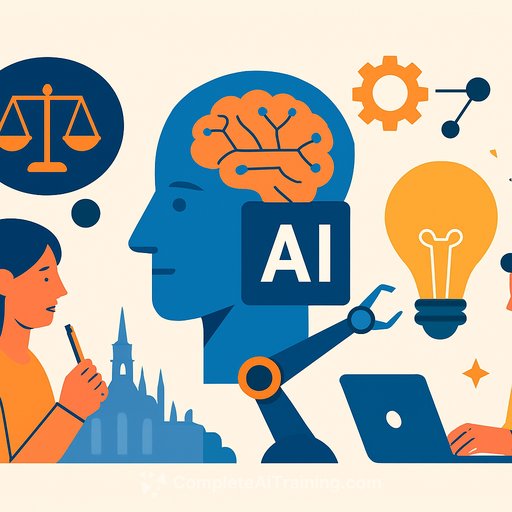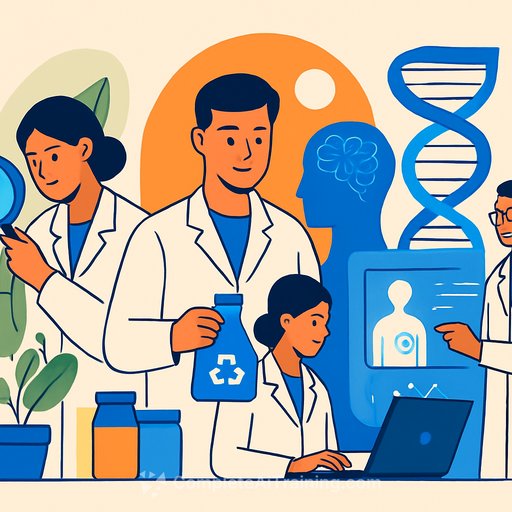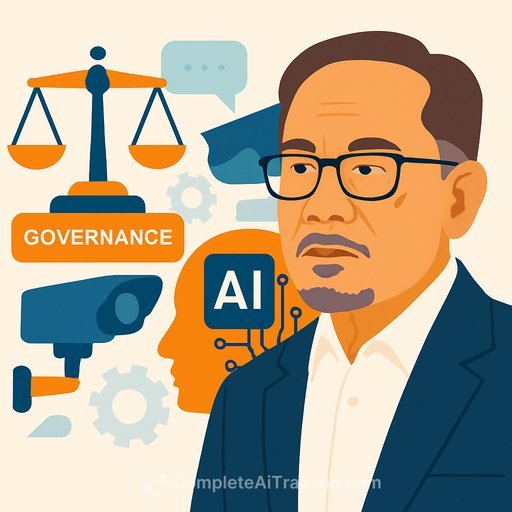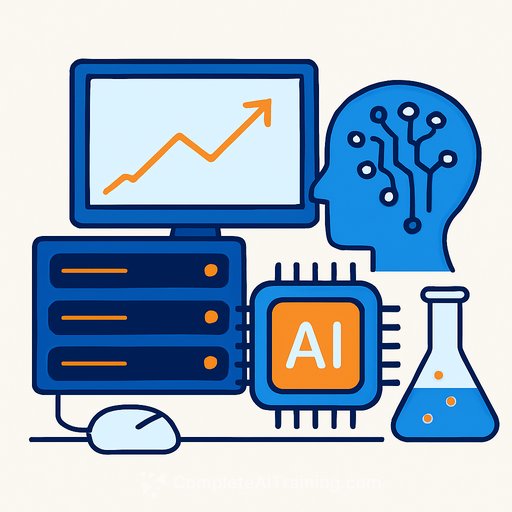Cambridge AI Research Highlights
Cambridge University Press publishes AI-related research spanning diverse fields—from literature to hydrology, health to testimony. This article highlights recent studies from journals published by the Press that investigate AI developments in various contexts including law, psychiatry, and environmental science.
AI Enhances Design Creativity but Risks Concept Repetition
New research published in Artificial Intelligence for Engineering Design, Analysis and Manufacturing (AI EDAM) shows that AI tools can boost creativity among designers, especially in early design phases. However, there is a risk of “design fixation,” where designers become overly reliant on AI-generated ideas and struggle to think beyond them.
The study recommends balancing AI use with personal initiative and creative flexibility. Experiments reveal that text-to-image AI combined with abstract visuals significantly improves design creativity. Using figurative visuals alongside AI also enhances certain design outcomes. AI EDAM is an open access journal focused on AI theory and applications in engineering.
AI Models Support Language Teaching and Learning
Research in the Annual Review of Applied Linguistics discusses how generative AI models can enrich language education. These models offer learners humanlike interaction opportunities and access to emotional dimensions of communication, which traditional tools may lack.
The journal covers applied linguistics topics including language pedagogy, acquisition, sociolinguistics, and assessment, highlighting AI's growing role in language learning.
AI Matches Human Accuracy in Evaluating Media Reports
A study in European Psychiatry finds that AI can evaluate how well media reports comply with WHO guidelines as accurately as human raters, across English, Hebrew, and French.
Performance varied by language, with Hebrew showing the highest AI accuracy, likely due to its simpler syntax. French and English presented more challenges due to linguistic nuance and variability in human raters. The findings suggest AI could be deployed globally for monitoring media adherence to guidelines.
Specialized Dataset Developed to Test LLMs in Hydrology
Researchers created a comprehensive dataset from textbooks and 2,000 peer-reviewed articles to assess large language models’ (LLMs) ability to handle hydrology-specific questions. Published in Environmental Data Science, the dataset includes diverse question types like true/false, multiple choice, and open-ended items.
Baseline results using GPT-4o-mini and Llama3 models show both strengths and limitations in domain-specific knowledge. This resource addresses a gap in unified datasets for hydrological research and may benefit broader environmental science applications.
LLMs Reveal Increasing 'Fictiveness' in Fiction Over 4,000 Years
Analysis of 65,000 works spanning 4,000 years, detailed in Evolutionary Human Sciences, shows that fiction has become progressively more detached from reality. Researchers scored texts on fictiveness across protagonists, events, and settings using LLM annotations.
The trend toward greater fictiveness peaks in the 20th and 21st centuries and is evident in historical periods such as the Roman Empire, the Tang Dynasty, and the Renaissance. This study provides a quantitative look at how storytelling has evolved culturally and historically.
Ethical Concerns Surround AI-Based Digital Duplicates of Holocaust Survivors
As the number of living Holocaust survivors dwindles, creating AI-powered digital duplicates to preserve testimonies raises ethical challenges. Research in Memory, Mind & Media outlines five critical conditions for ethical use: authentic presence, consent, positive value, transparency, and harm-risk mitigation.
While these recreations can engage new audiences, they risk oversimplifying survivor experiences or becoming unpredictable “virtual Golems” if not carefully designed. The technology holds potential for preserving memory but requires cautious implementation.
AI Positioned to Advance Space Exploration
According to a study in The Aeronautical Journal, AI is integral to aerospace engineering, enhancing rocket design, satellite monitoring, and spacecraft management. AI supports health monitoring, predictive maintenance, and quality control, improving safety and efficiency.
The analysis highlights AI’s role in India's Chandrayaan-3 lunar mission, where it aided navigation, hazard avoidance, and autonomous decision-making during the successful Moon landing in 2023.
Incorporating Downstream Developers into AI Regulation is Crucial
New research in the European Journal of Risk Regulation emphasizes the need for comprehensive AI governance that includes downstream developers—those who fine-tune or modify foundational AI models.
Current regulations often focus on upstream developers, leaving a gap that could allow unsafe or malicious modifications downstream. Closing this gap is essential to ensure AI safety and risk management across the entire development pipeline.
For professionals interested in deepening AI expertise, exploring practical courses and certifications can be valuable. Resources like Complete AI Training's latest AI courses offer targeted learning paths suitable for research and applied science roles.
Your membership also unlocks:





